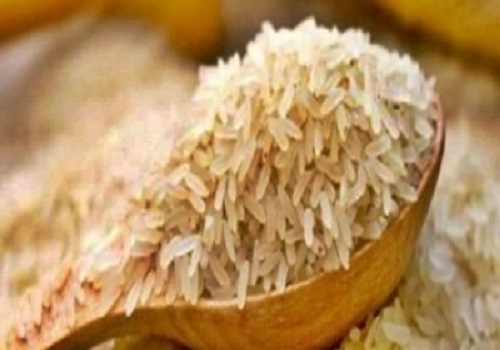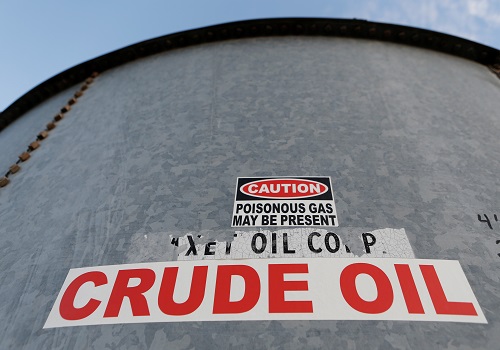Indian basmati industry`s sales to grow 4 pc to hit record Rs 70,000 cr in FY25

India’s basmati industry is projected to see revenue growth at 4 per cent (year-on-year) on a high base this fiscal to reach an all-time high of nearly Rs 70,000 crore, a report showed on Thursday.
The industry will see revenue growth moderate to this fiscal from a phenomenal 20 per cent seen last fiscal. Despite the moderation, revenue will touch an all-time high, driven by policy support such as removal of minimum export price (MEP) and rising demand in both domestic and international markets, according to a report by Crisil Ratings.
Strong profitability will also result in minimal need of debt to fund capital expenditure and to replenish inventory, thereby keeping credit profiles stable, the report noted.
The government last week announced an immediate removal of MEP to support the export of basmati rice. The announcement, which follows adequate availability of basmati rice in domestic market, should help boost exports.
To recall, MEP of $1,200 per tonne was imposed on basmati rice in August 2023 as a temporary measure in response to the rising domestic prices of rice.
After discussions with the trade bodies and stakeholders, the government had then rationalised the floor price to $950 per MT in October 2023, amid concerns that higher prices were hurting outward shipments.
According to the Crisil report, after the removal of MEP, players will now be able to export basmati rice where realisation is lower than the MEP.
That will help the Indian Basmati industry to cater to overseas markets in lower price segments, thus leading to higher volume.
Nitin Kansal, Director, Crisil Ratings said that exports, which form 72 per cent of basmati rice sales, are likely to grow 3-4 per cent on-year this fiscal as countries look to secure their food supplies amid geopolitical uncertainties.
“Domestic sales are likely to rise 6 per cent, driven by demand from the hotel, restaurant and cafe segment, lower prices, and a steady rise in household income,” Kansal noted.
Smriti Singh, Team Leader, Crisil Ratings, said that basmati rice companies are expected to increase their processing and packaging capacities by 10 per cent on-year this fiscal to meet the growing demand.
Volume growth is expected to be 10 per cent (9 million tonnes), which will be enough to offset a nearly 5 per cent fall in realisation and lead to an increase in the overall industry revenue.
The higher paddy output, lower procurement price and steady demand will encourage players to replenish their stocks, which had dropped to the lowest level (110-120 days) seen in past five years as demand outpaced procurement in the post-pandemic world.
This re-stocking should cause the inventory to revert to the normative levels of 140-150 days by end of this fiscal, said the report.
























